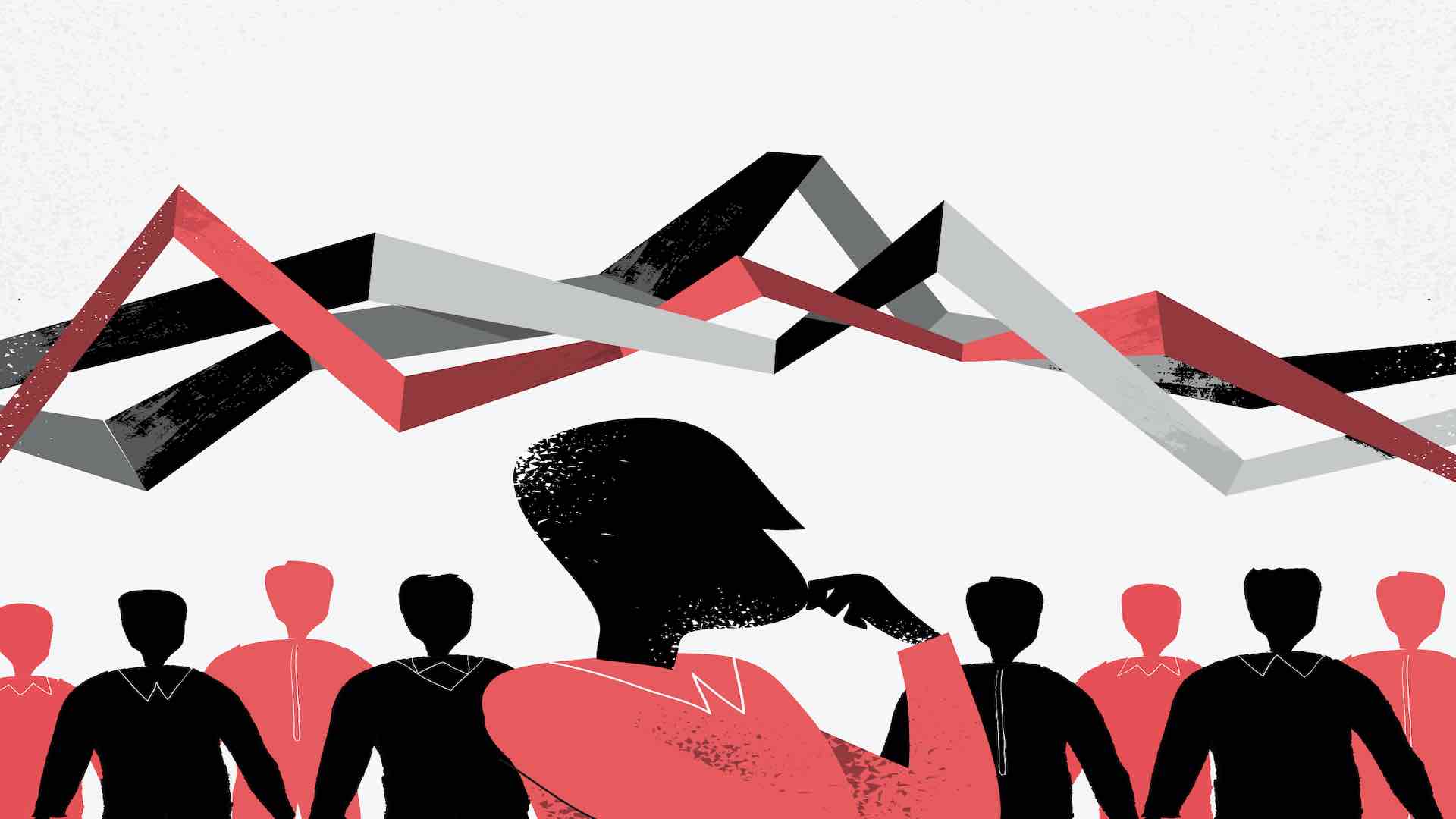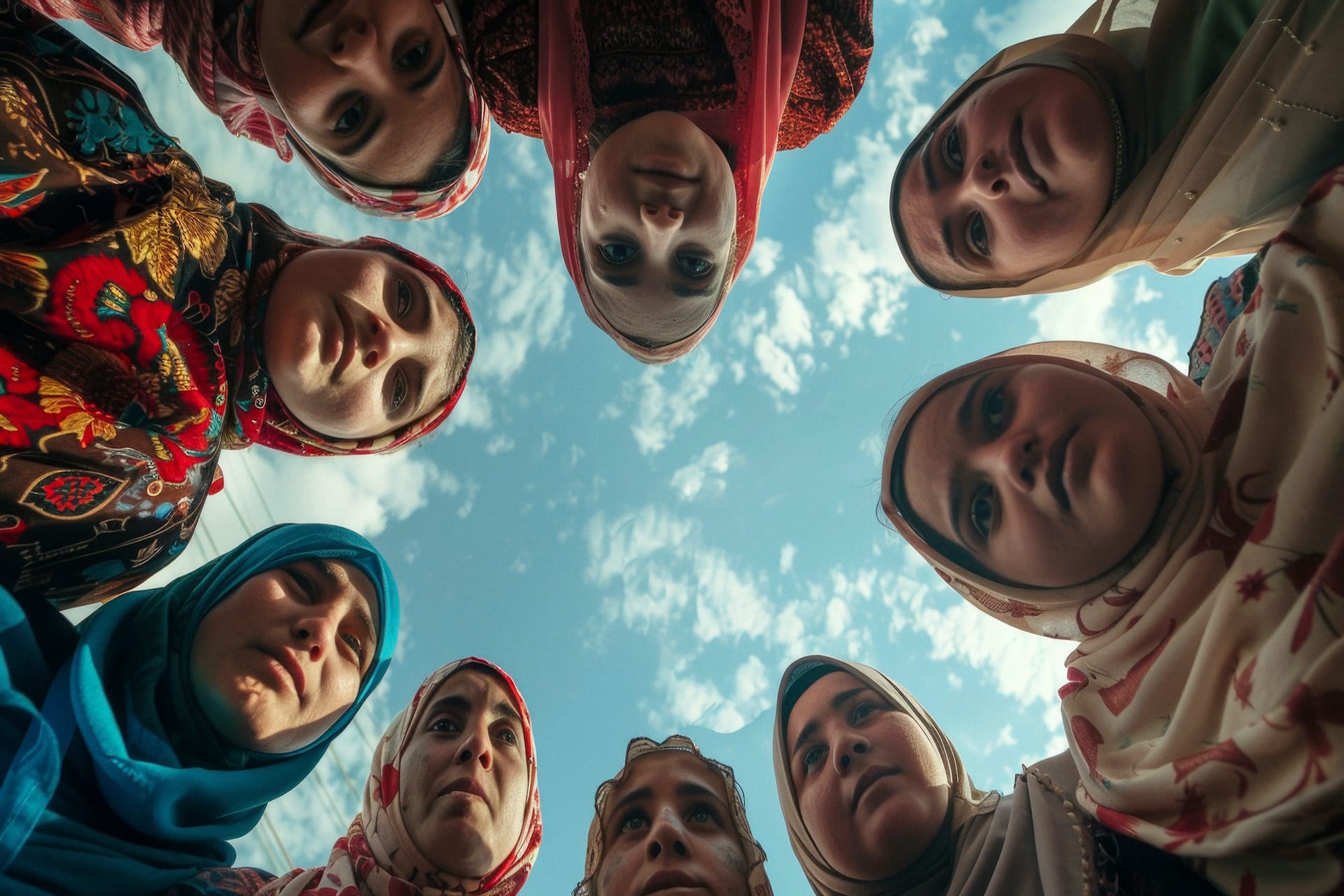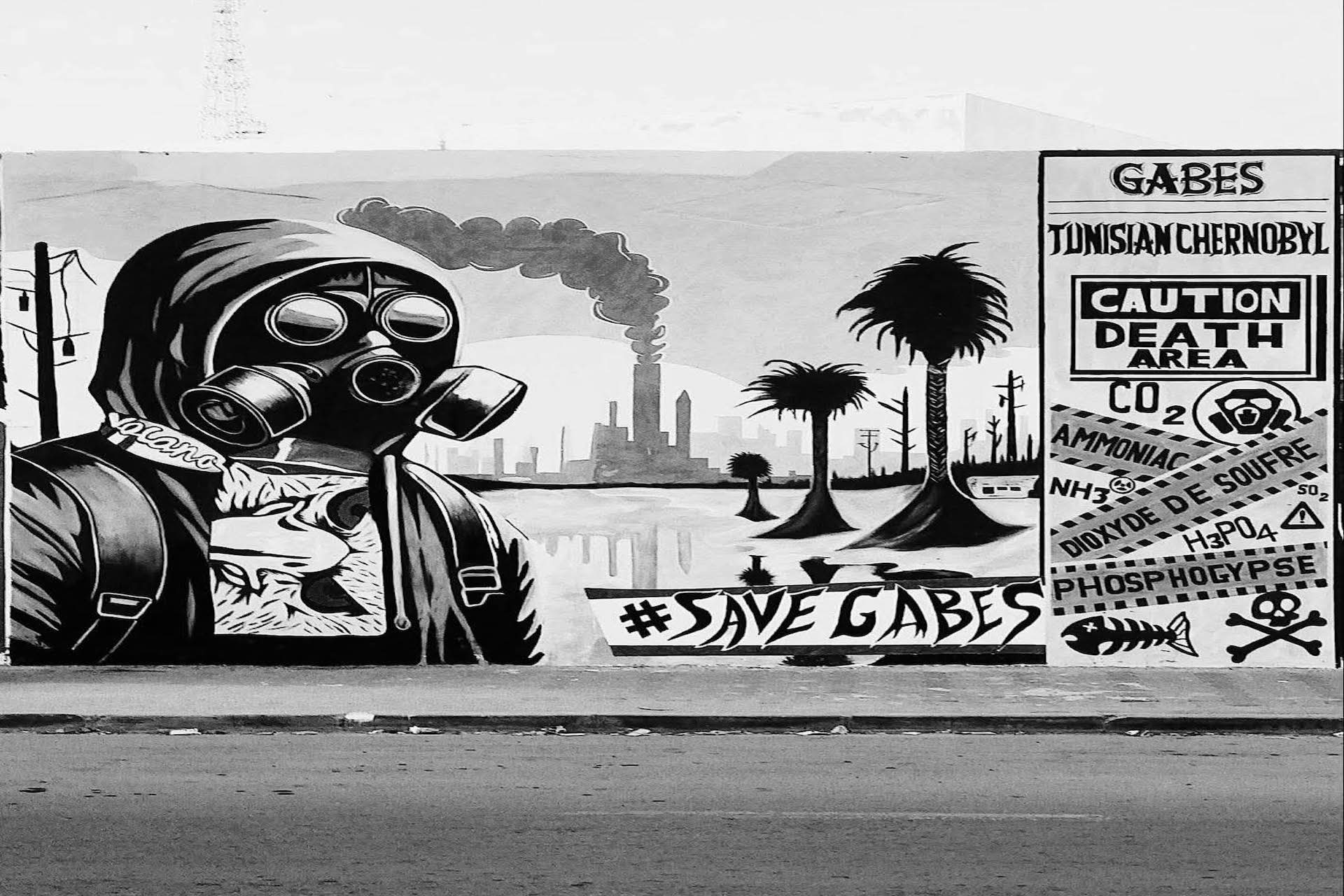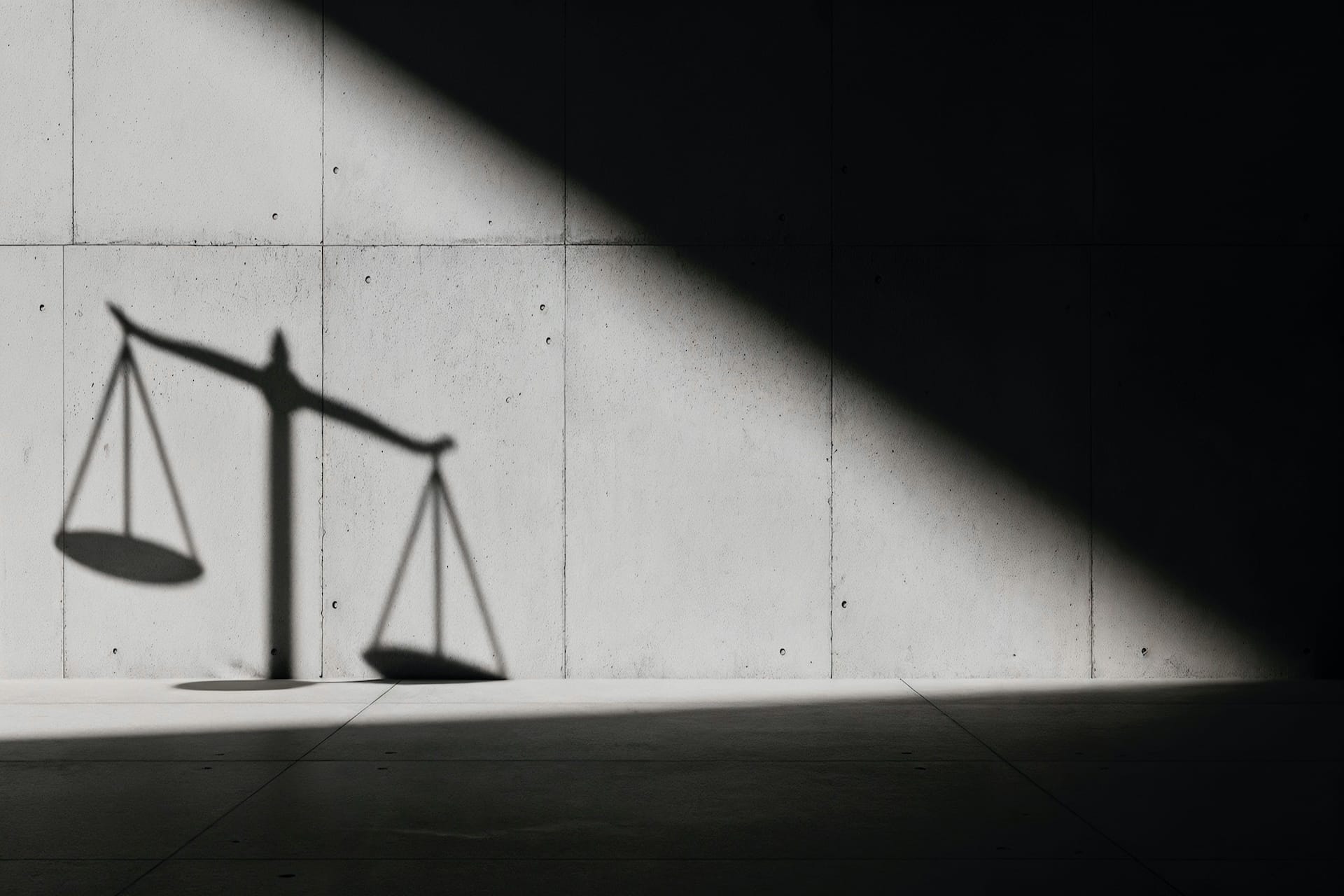Introduction: TikTok’s Growing Influence in Tunisia
TikTok has rapidly become one of Tunisia’s most popular social media platforms. Creators are attracting thousands of followers, but with increased attention from authorities, many ask:
- Is TikTok banned in Tunisia?
- What content is legally allowed?
- How can creators stay safe from fines or account suspension?
This guide explains the current legal landscape, regulations, and risks for Tunisian creators in 2025, helping you stay compliant while growing your audience.
👉 For monetization guidance, see our related article: TikTok Monetization in Tunisia 2025 Guide.
Is TikTok Banned in Tunisia? The Current Status
As of 2025:
- There is no nationwide ban on TikTok.
- However, certain content can be censored or removed, especially if deemed immoral, offensive, or politically sensitive.
- Influencers have faced warnings or legal action under new morality and social media laws.
While Tunisian creators can legally use TikTok, they must navigate a complex regulatory environment to avoid penalties.
👉 Learn more about content compliance in our guide: TikTok Law & Regulations in Tunisia.
Relevant Laws Affecting TikTok Creators
Several laws affect TikTok usage in Tunisia:
- Decree Law 54 (Cybercrime & Online Speech)
- Regulates false information, defamation, and “immoral” content.
- Authorities can penalize posts deemed harmful to public order.
- Morality & Social Conduct Regulations
- Content showing nudity, sexual acts, or other socially offensive material can trigger legal action.
- TikTok accounts may be suspended locally.
- Intellectual Property & Copyright
- Using copyrighted music or videos without permission can lead to takedowns or fines.
- Digital Economy & Monetization Rules
- Income earned through TikTok (gifts, sponsorships) is taxable.
- Failing to declare earnings can result in audits or fines.
Recent Cases & Enforcement
Several Tunisian creators have faced legal action recently:
- Influencers sentenced for posting content deemed obscene. (New Arab)
- Account suspensions for violating morality laws.
- Local authorities actively monitoring trending content on TikTok and Instagram.
These cases show that even minor infractions can carry serious consequences, making awareness and compliance critical.
Content & Community Risks
Tunisian creators face several risks:
- Self-censorship: Avoiding sensitive topics or popular trends.
- Legal penalties: Fines, imprisonment, or account suspension.
- Reputation risks: Offending cultural norms can hurt brand deals.
Safe Practices for Creators
- Avoid posting explicit or offensive material.
- Follow TikTok’s community guidelines closely.
- Regularly check government updates on social media law.
- When monetizing, ensure all income is declared and legal.
Cross-Border Considerations
Many Tunisian creators target audiences abroad:
- Legal risks exist if content reaches Tunisia but is produced overseas.
- Monetization through foreign viewers (EU/US) may complicate tax declarations.
- Always track where content is distributed and comply with local laws.
👉 For international monetization tips, see How Tunisian Creators Earn on TikTok.
Recommendations for Tunisian TikTokers
- Stay informed about evolving laws and regulations.
- Use safe content topics: lifestyle, comedy, DIY, tech — avoid political or sensitive subjects.
- Diversify income streams to reduce dependency on risky content.
- Document all sponsorships and earnings to avoid future tax or legal issues.
- Consult legal advisors if unsure about content or monetization legality.
Conclusion: TikTok Is Legal, But Caution is Key
TikTok remains available in Tunisia, but regulatory oversight is increasing. Creators must navigate laws on morality, cybercrime, and digital income while staying creative.
By understanding the legal environment, following best practices, and linking to reliable resources, Tunisian creators can enjoy TikTok safely while building a sustainable audience.
👉 Related reads:












